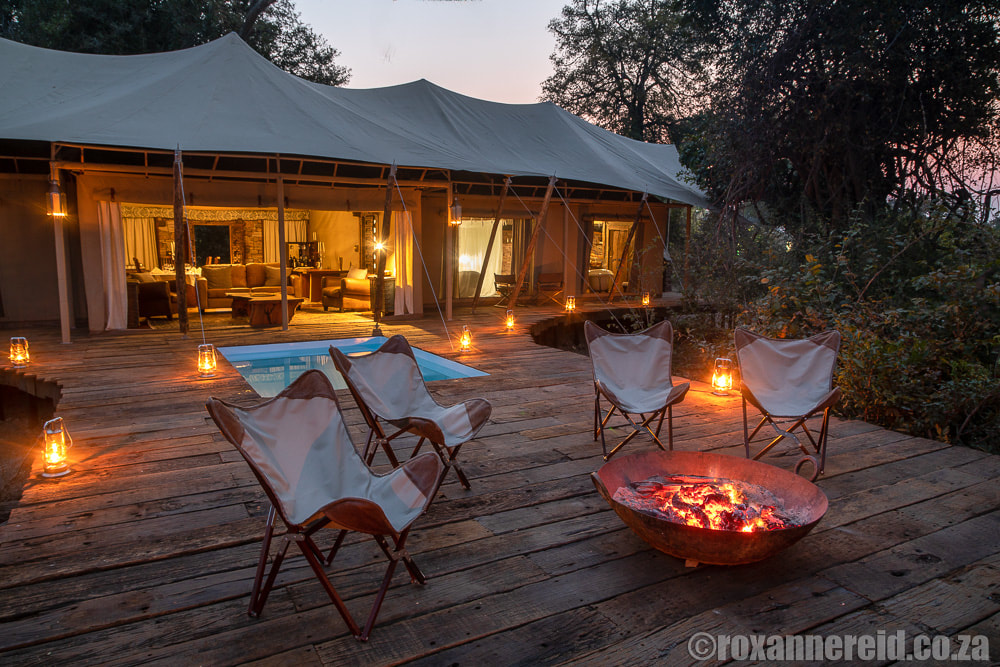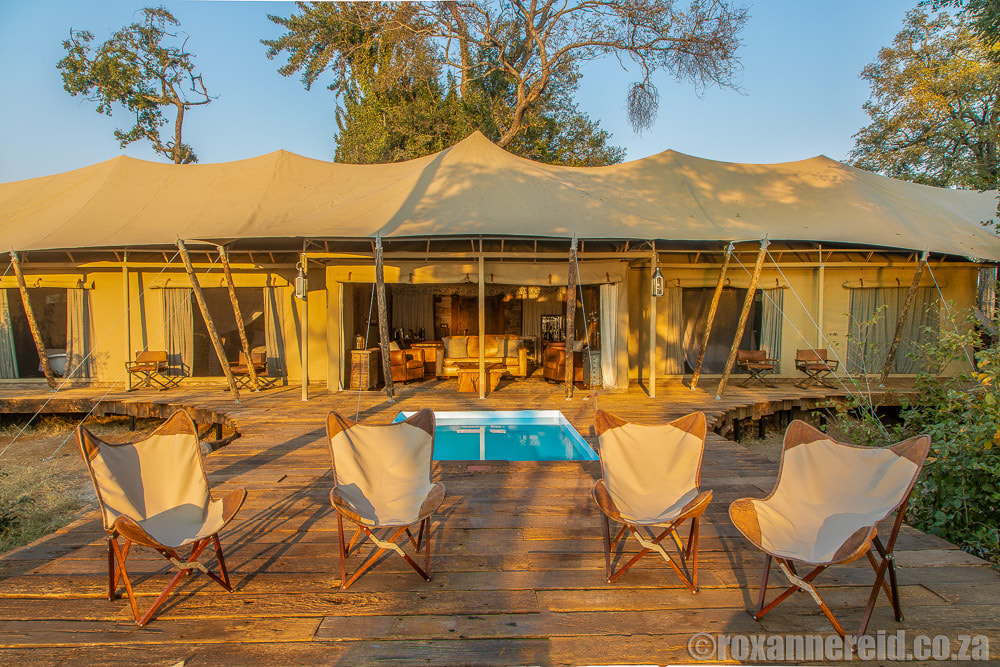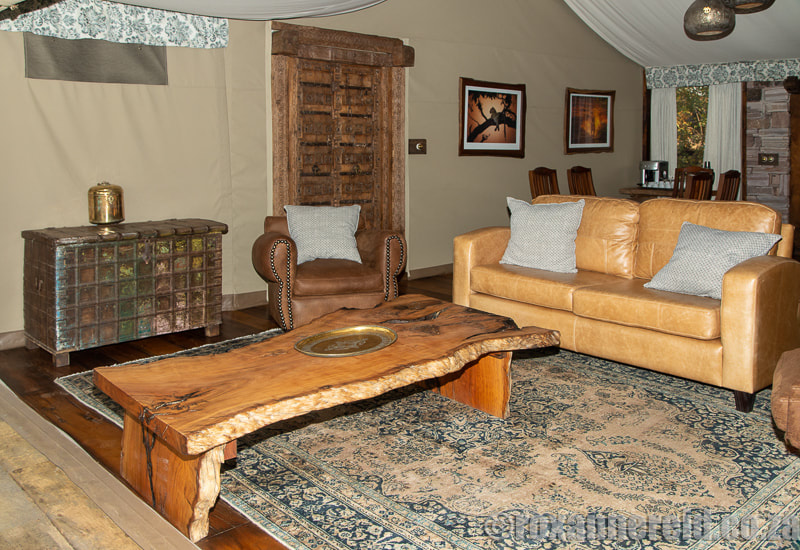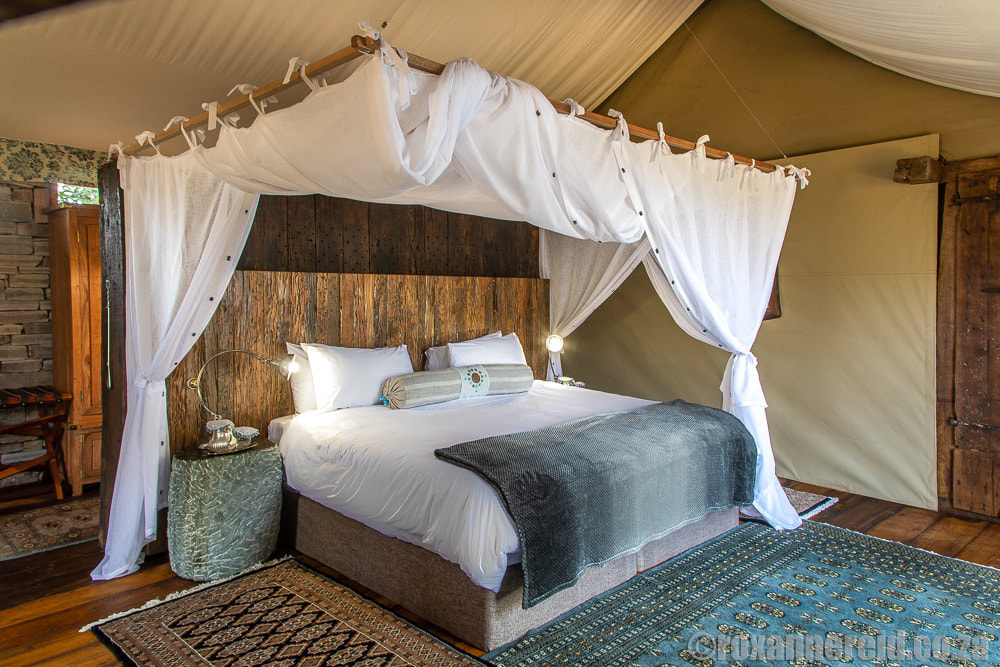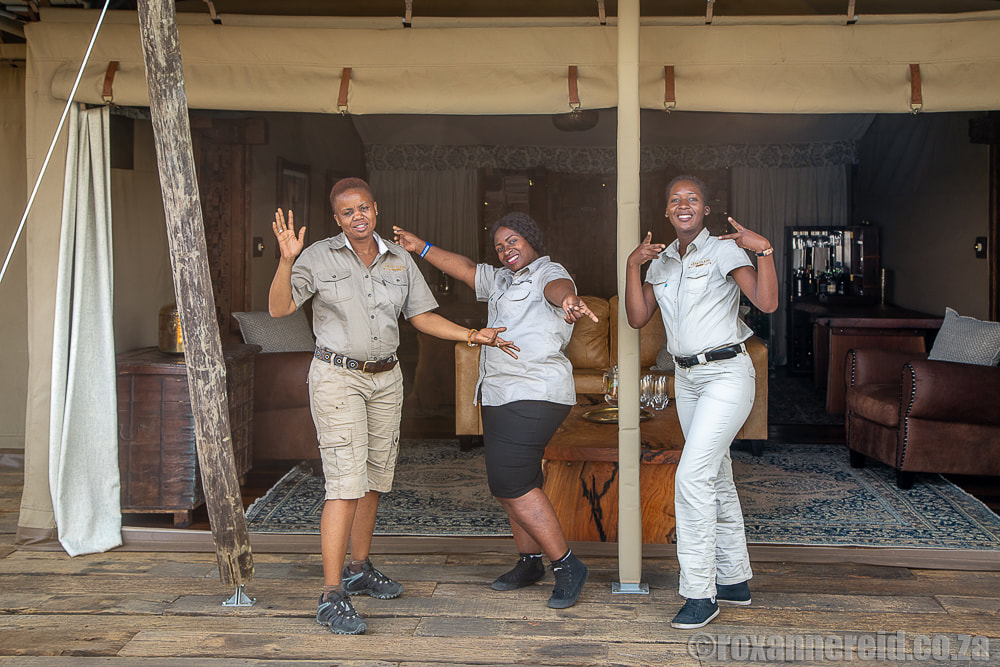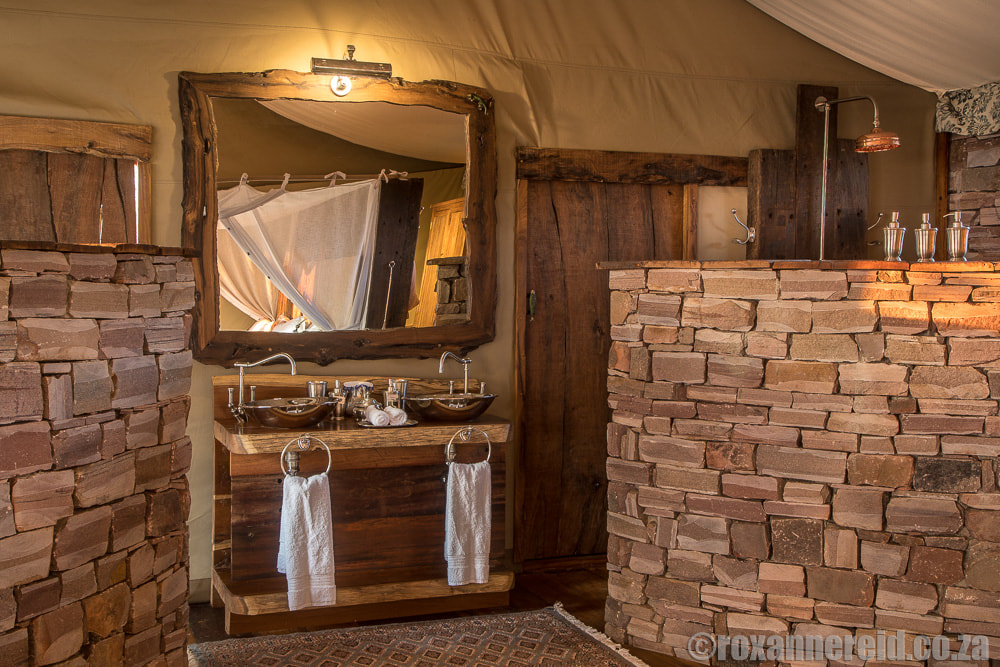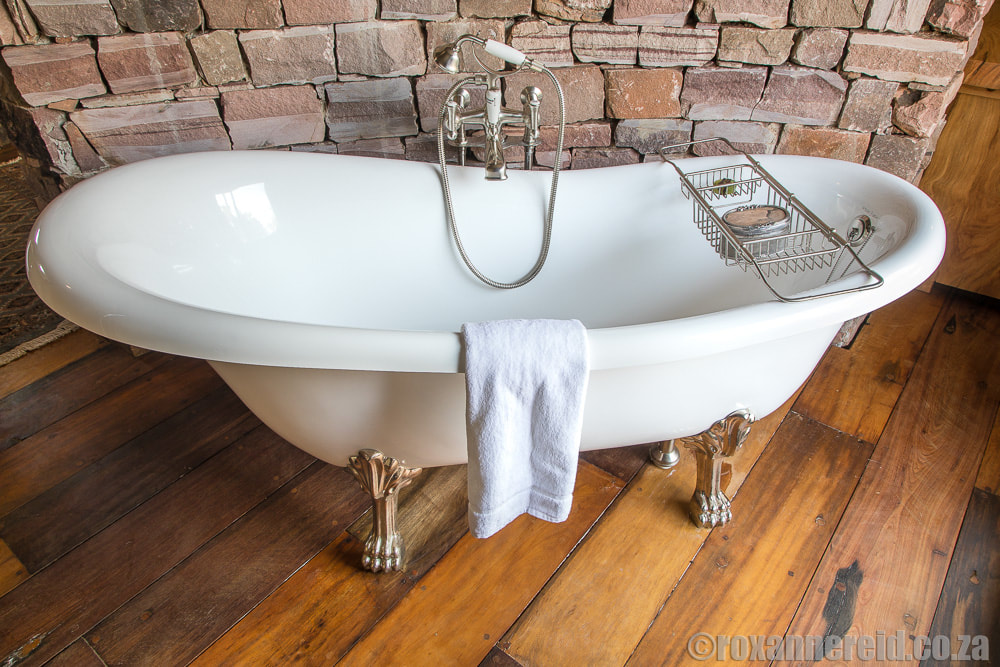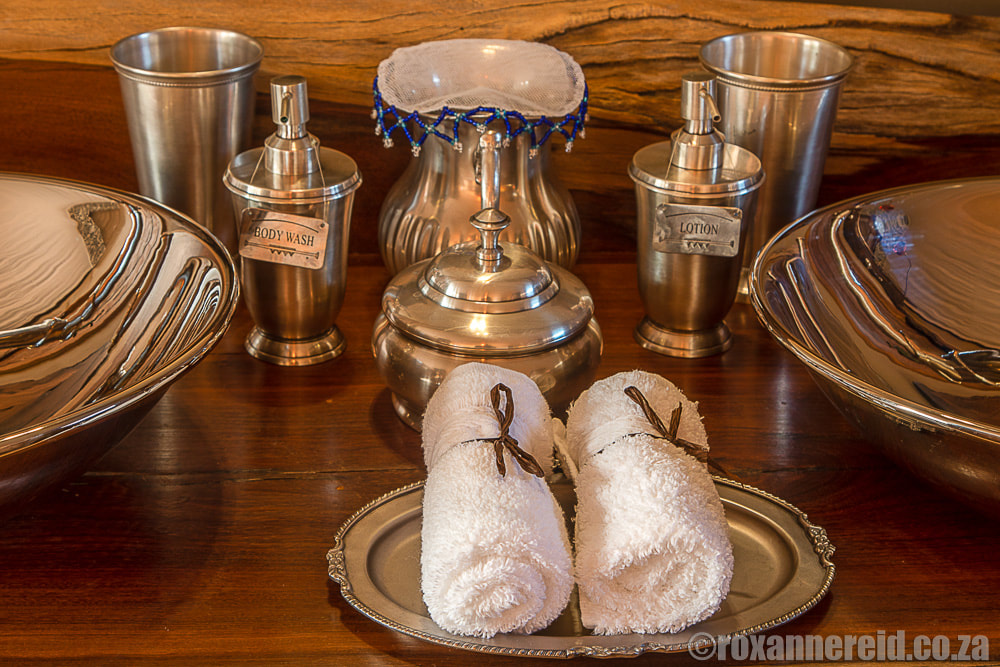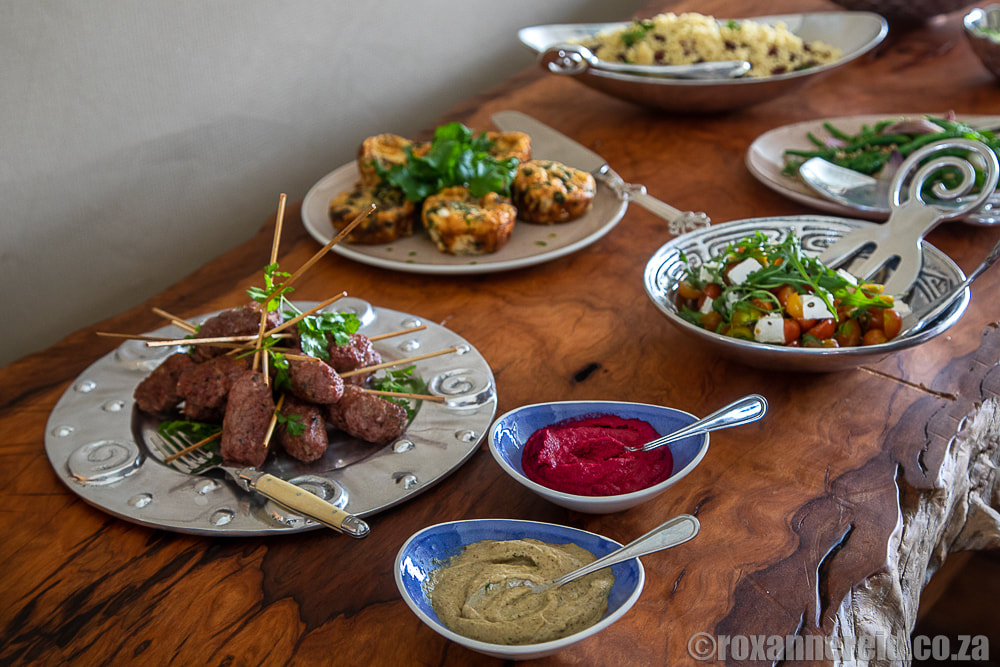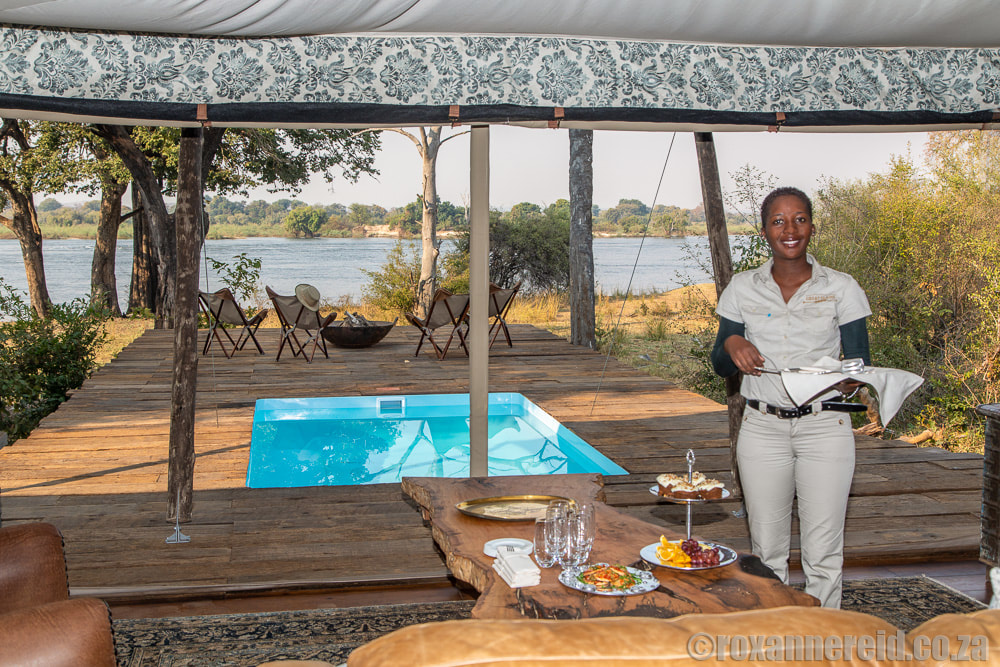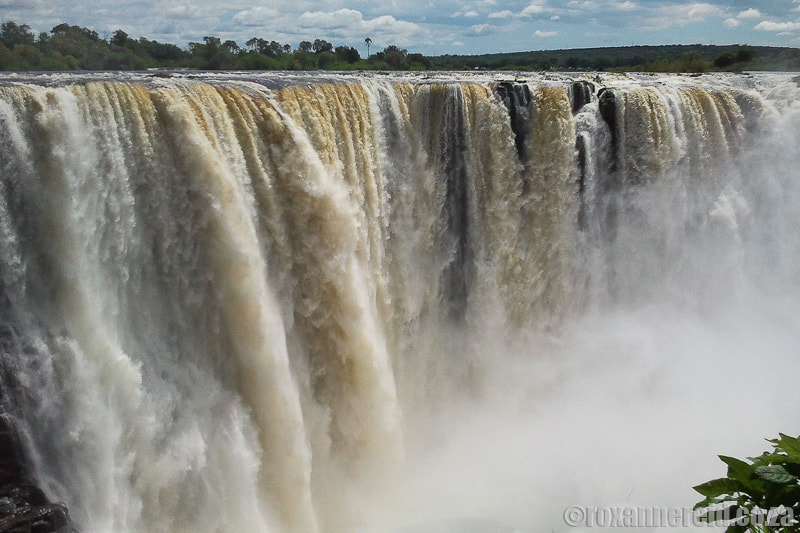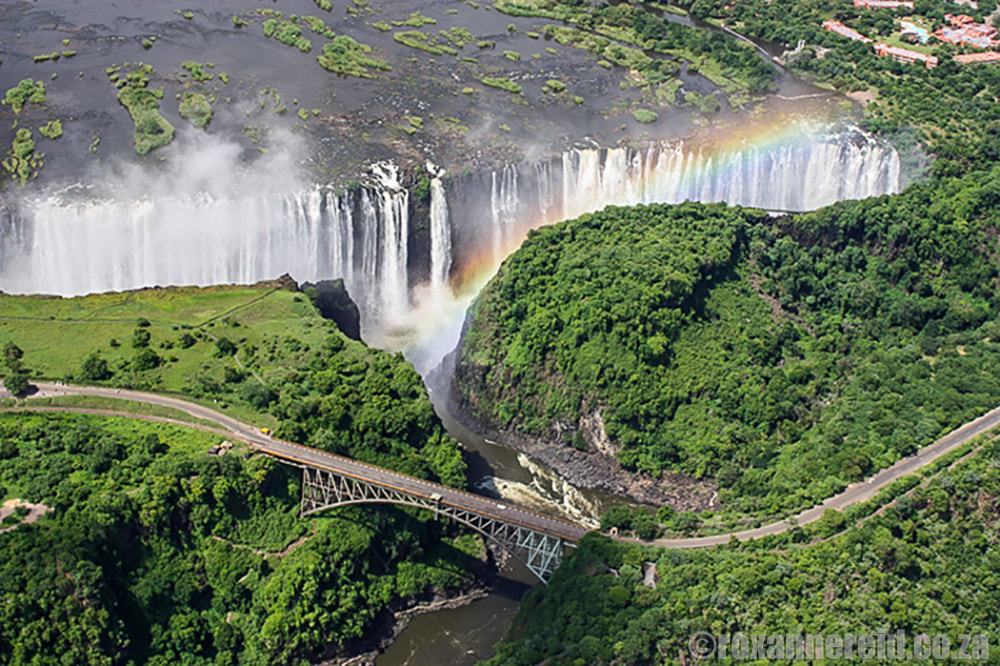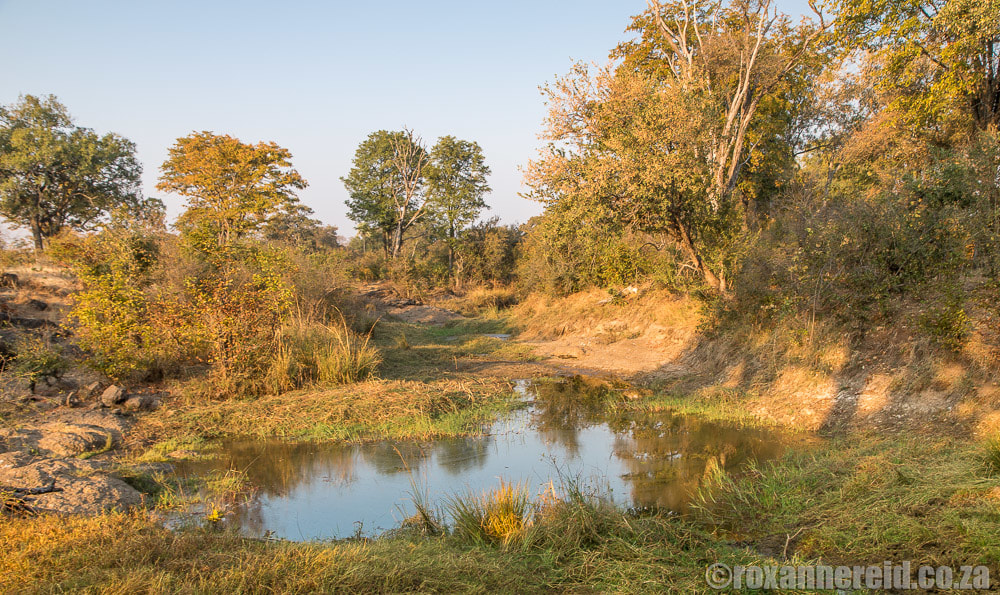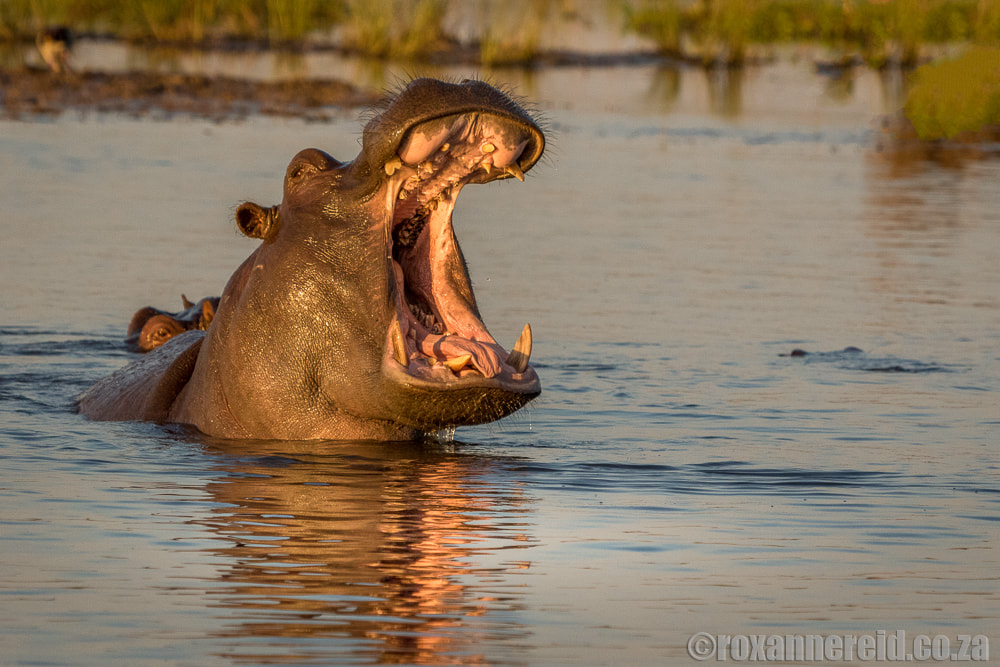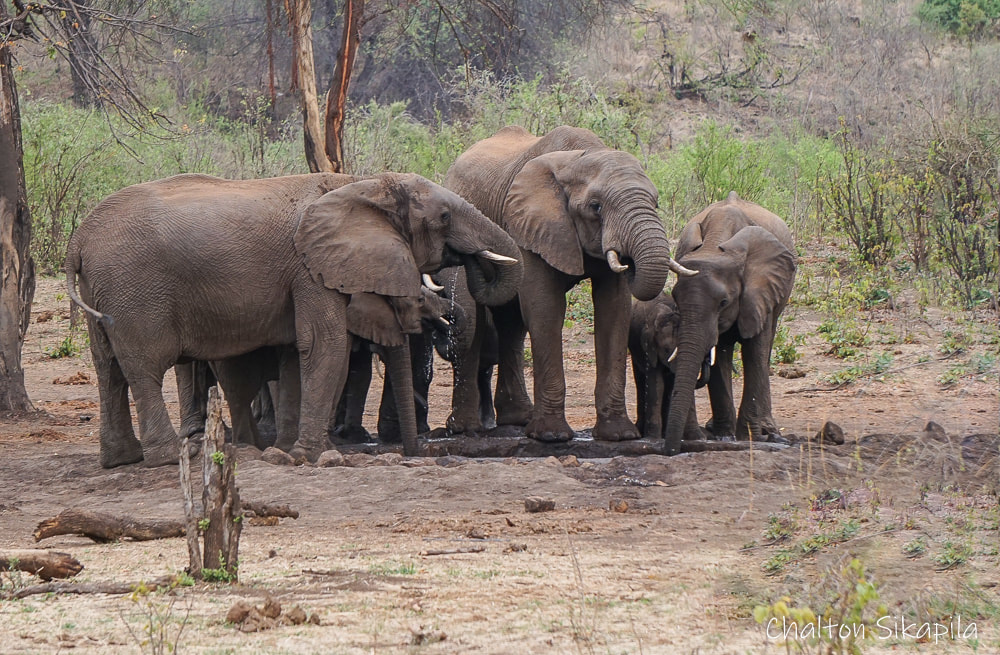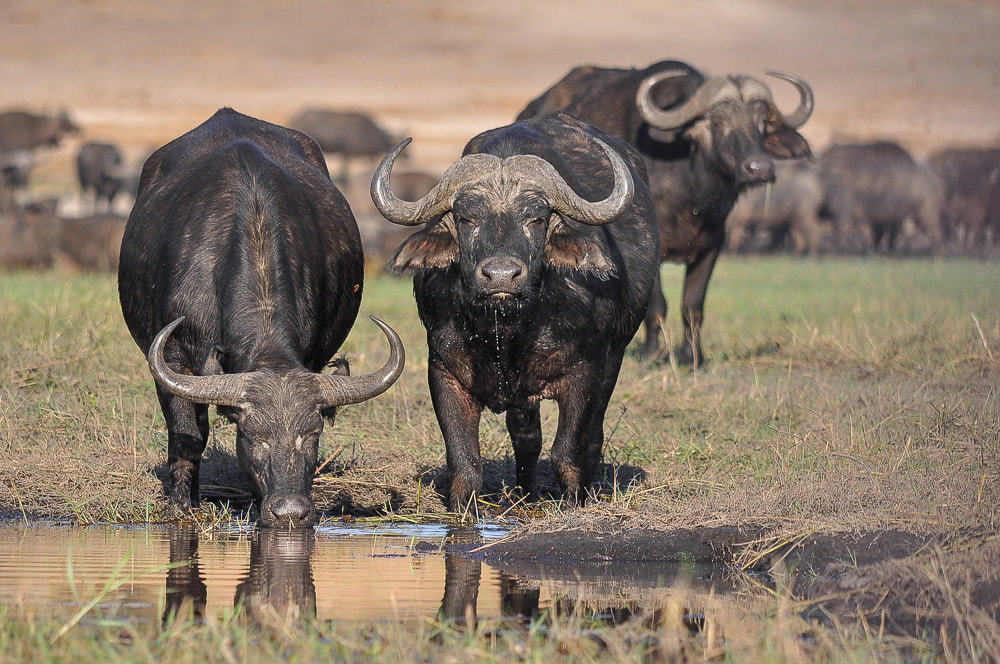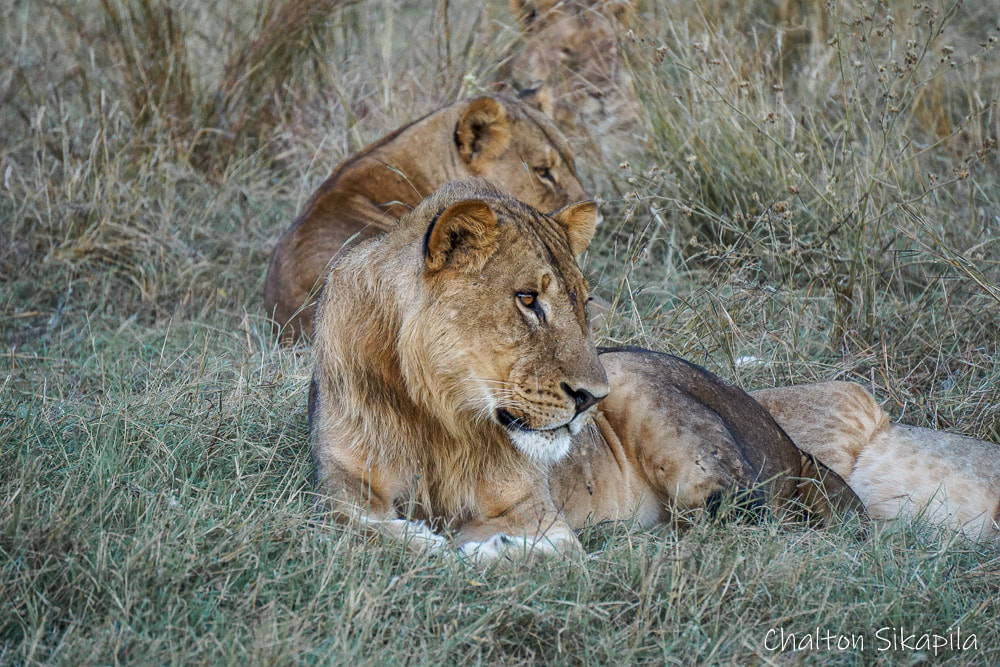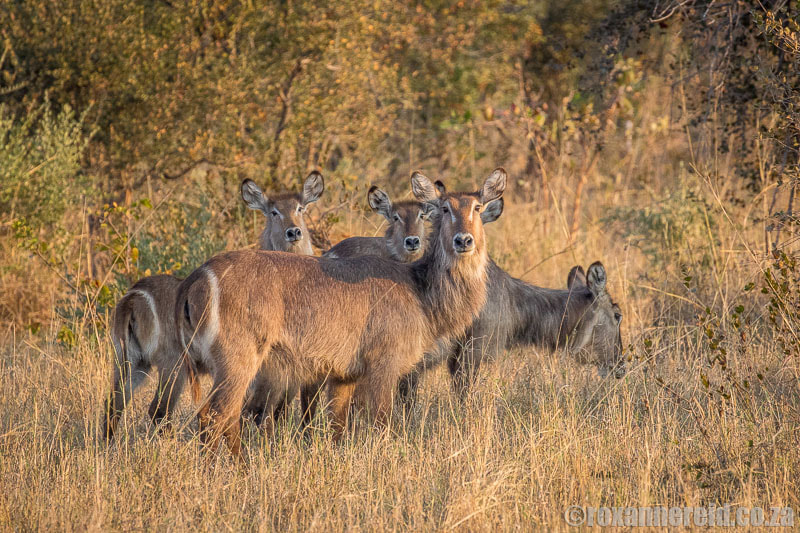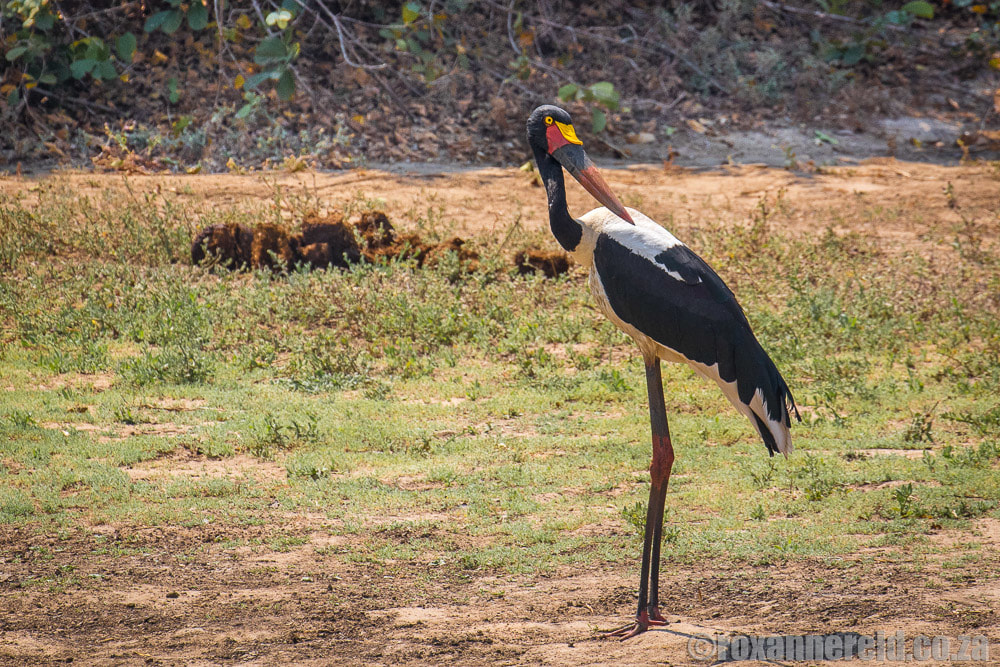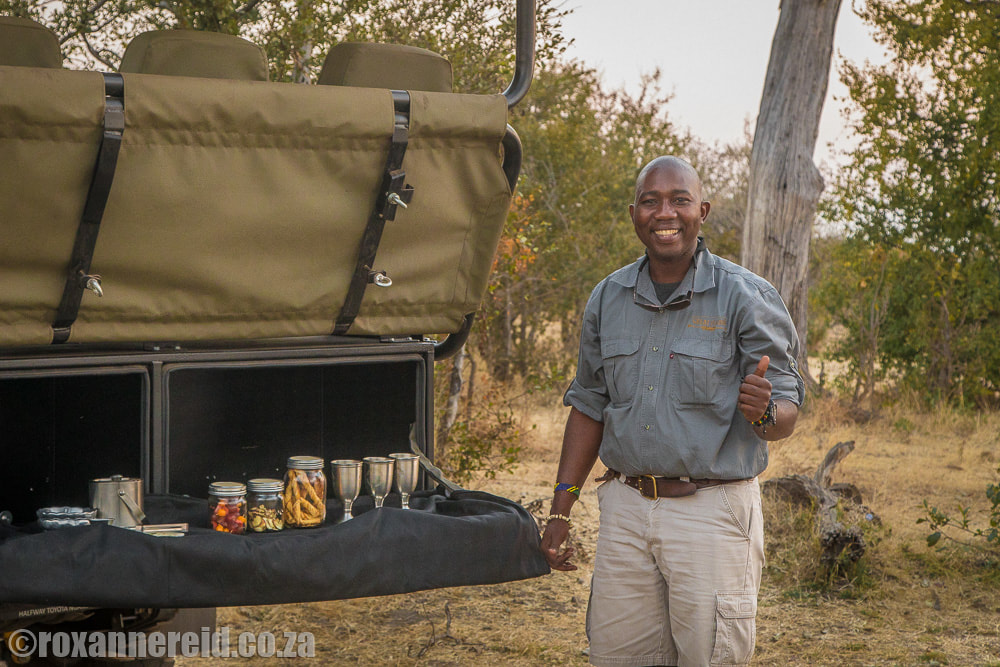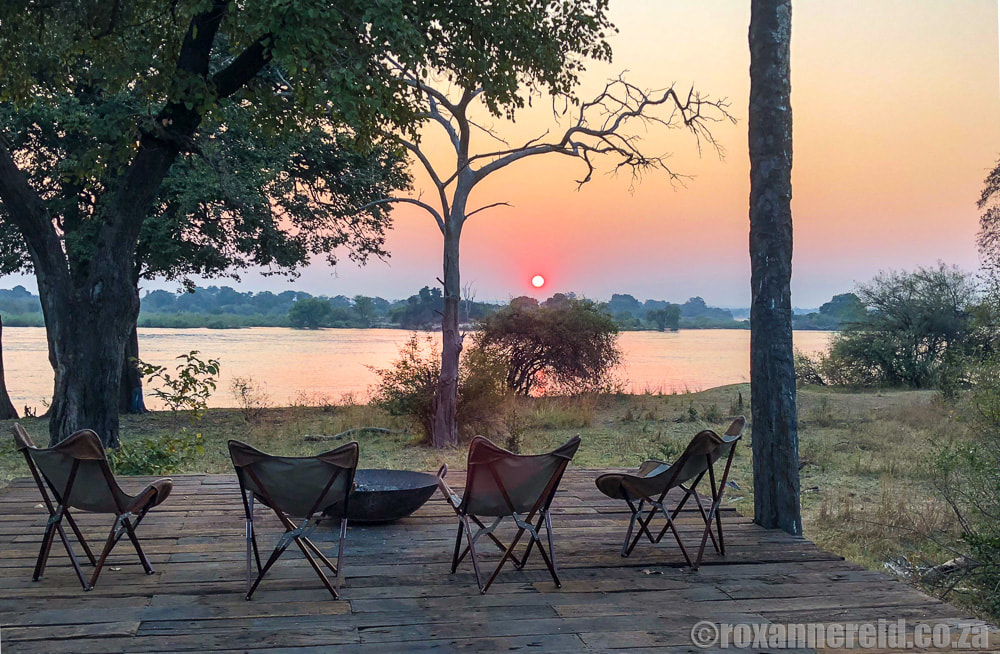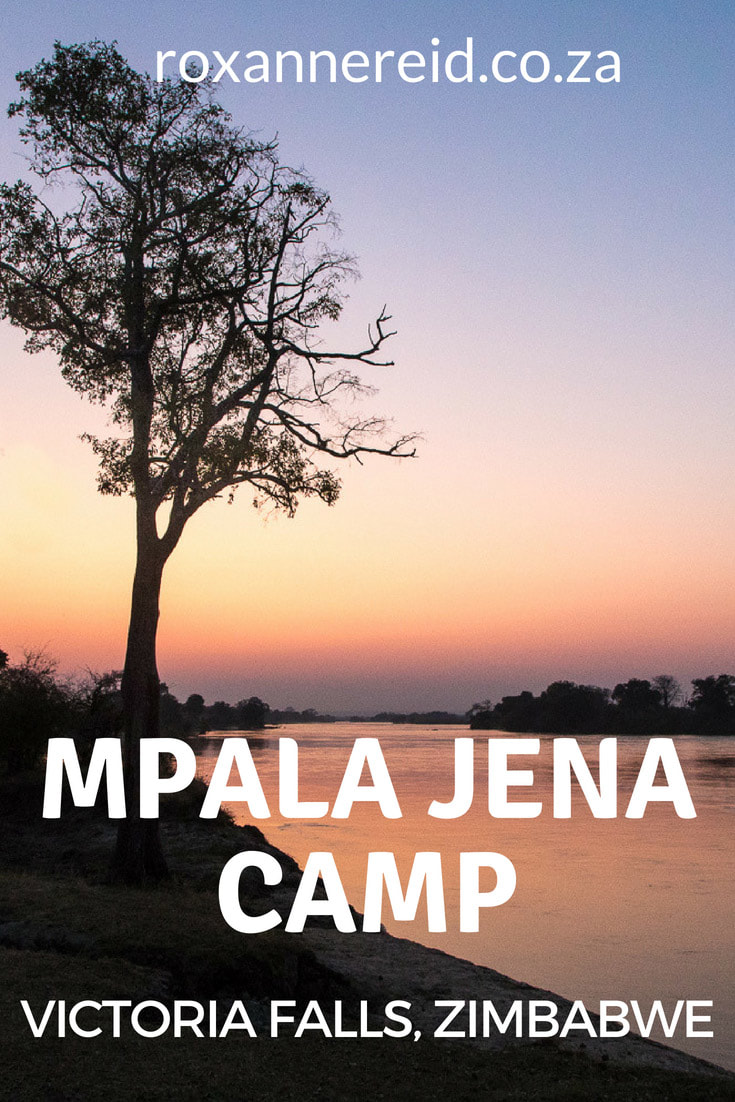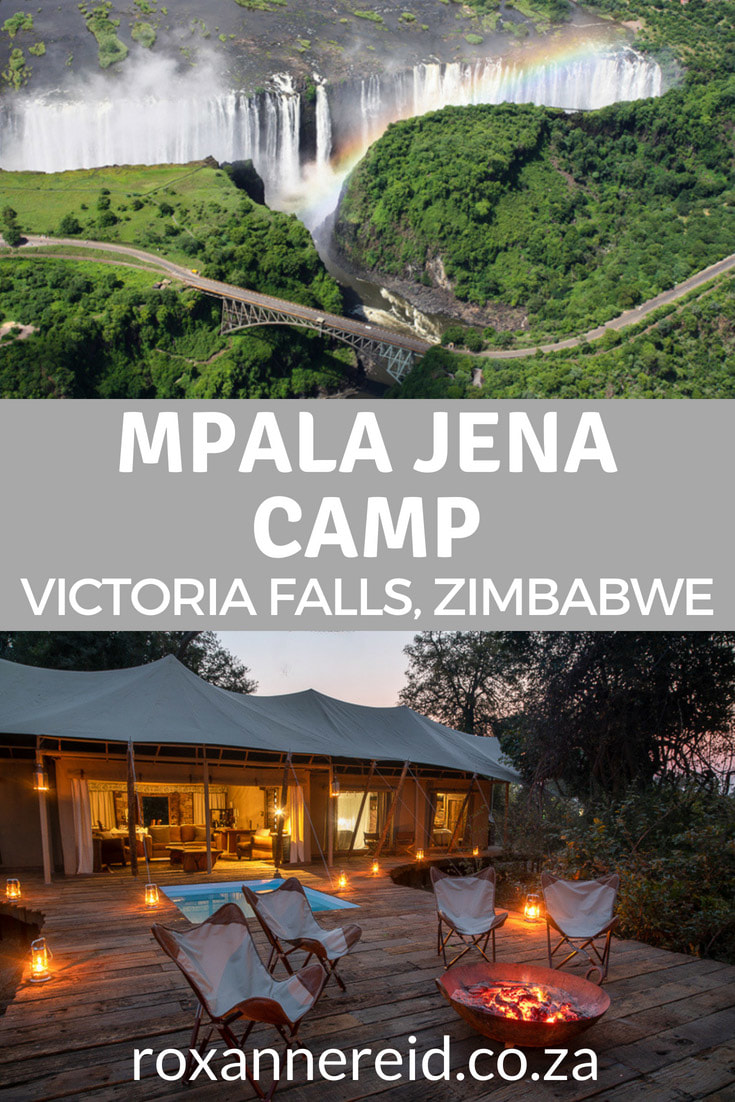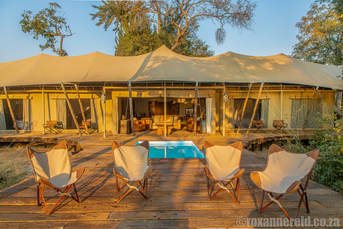
By Roxanne Reid
Inside the Zambezi National Park, a short drive from the UNESCO World Heritage Site of Victoria Falls in Zimbabwe, something magical has mushroomed. Imagine how thrilled I was to be invited to experience the enchantment for myself. Come and explore Mpala Jena with me: a superb addition to Zimbabwe safari lodges for a Victoria Falls safari.
Inside the Zambezi National Park, a short drive from the UNESCO World Heritage Site of Victoria Falls in Zimbabwe, something magical has mushroomed. Imagine how thrilled I was to be invited to experience the enchantment for myself. Come and explore Mpala Jena with me: a superb addition to Zimbabwe safari lodges for a Victoria Falls safari.
Using recycled hardwoods, flowing canvas and solar energy to ensure it treads lightly on the Earth, Mpala Jena Camp sits along the Zambezi Rver on a private concession inside the park. An exquisite addition to Zimbabwe safari lodges here at Vic Falls, it is Great Plains Conservation’s first foray into Zimbabwe and holds hope for a better future in this careworn country.
A new international airport at Victoria Falls is already boosting tourism to the town, and a top-class luxury camp like Mpala Jena will be a great draw card for international tourists wanting to see the Falls and to experience a safari, perhaps in combination with stops at Hwange National Park to the east or Chobe National Park just over the border in Botswana to the west.
Mpala Jena is about 15km inside the Zambezi National Park, giving easy access to town for activities but remaining far enough away from the flurry of activity and the constant humming of helicopter flips that you can just chill, submit to the peace and immerse yourself in the natural spectacle.
Mpala Jena is about 15km inside the Zambezi National Park, giving easy access to town for activities but remaining far enough away from the flurry of activity and the constant humming of helicopter flips that you can just chill, submit to the peace and immerse yourself in the natural spectacle.
It’s named after the natural spring-line, Mpala Jena, which runs through the concession and draws game to the area, especially in the dry winter months. Crouching under the shade of indigenous trees like ilala palms, waterberries, rain trees, mangosteens, sausage trees and jackalberries, the camp looks out over the river towards Zambia.
The name Mpala Jena means ‘white impala’ after sightings of a ghost-like albino impala along the river in this area some years back.
The name Mpala Jena means ‘white impala’ after sightings of a ghost-like albino impala along the river in this area some years back.
There are just four large tents, each with a king size bed, lounge area, writing desk, double brass basins, indoor and outdoor shower and freestanding bath with a view. A two-bedroom exclusive-use suite is perfect for families travelling together and comes with its own staff and game drive vehicle.
When we visited in early August, the tents were still being constructed, that’s how new this camp is. As a result, we were upgraded to the spectacular suite – possibly the most superb place we’ve ever called home for two nights. Some dressed local stone references the Great Zimbabwe Ruins, and the classic safari style includes leather sofas and chairs, Zanzibari chests, carved doors from India, and Beverly Joubert’s wildlife photos in the main area.
Best of all are the pool on the raised railway sleeper deck (each tent also has its own pool) and the fire pit with camping chairs around it where we had drinks one night. And of course the view burns itself into your memory, with the sun rising over the river to the soundtrack of the rippling water, hippos and birdsong. Sunrises and sunsets are spectacularly crimson here; you won’t believe it until you see it.
The suite and each tent has its own Canon 5D Mark4 with 100-400mm lens and Swarovski binos for you to use during your visit.
Good news for those who love top-quality food – you’ll be blown away by what the chefs produce here in the bush, from unusual salads to succulent meat and fish, and decadent desserts. Just leave room for high tea before you head out on your afternoon game drive.
Good news for those who love top-quality food – you’ll be blown away by what the chefs produce here in the bush, from unusual salads to succulent meat and fish, and decadent desserts. Just leave room for high tea before you head out on your afternoon game drive.
Visit Victoria Falls
Included in your package is a visit to the impressive Victoria Falls. Orientate yourself by reading the posters near the entrance, which tell the stories of David Livingstone and the people who used to live in the area, and how a geological shift created the Falls five million years ago.
Then explore the Falls themselves, declared a UNESCO World Heritage Site in 1989. The height varies from 70–180m and they’re 1708m wide. Although they’re neither the widest nor the highest in the world, they have the largest flow rate (a peak flow rate of 700 000 cubic metres per minute) and represent the largest curtain of falling water in the world. To put this into perspective, every three and a half minutes the whole of New York’s yearly consumption of water goes over the Victoria Falls and plunges to the gorge below.
Walk along the cliff top and through the rain forest to see the larger-than-life statue of David Livingstone and the Devil’s Cataract, where the water moves at 160km per hour. Marvel at the Main Falls, where the water drops 93m and is turned into clouds of mist that you can see from many kilometres away.
Included in your package is a visit to the impressive Victoria Falls. Orientate yourself by reading the posters near the entrance, which tell the stories of David Livingstone and the people who used to live in the area, and how a geological shift created the Falls five million years ago.
Then explore the Falls themselves, declared a UNESCO World Heritage Site in 1989. The height varies from 70–180m and they’re 1708m wide. Although they’re neither the widest nor the highest in the world, they have the largest flow rate (a peak flow rate of 700 000 cubic metres per minute) and represent the largest curtain of falling water in the world. To put this into perspective, every three and a half minutes the whole of New York’s yearly consumption of water goes over the Victoria Falls and plunges to the gorge below.
Walk along the cliff top and through the rain forest to see the larger-than-life statue of David Livingstone and the Devil’s Cataract, where the water moves at 160km per hour. Marvel at the Main Falls, where the water drops 93m and is turned into clouds of mist that you can see from many kilometres away.
When you get this close, a good tip is to carry a plastic bag to protect your camera. Another is to take advantage of the raincoats you can hire, especially if you’re visiting when water levels are high (February to May/June).
Then continue to the end of the path to see some of the other falls like Horsehoe Falls and Rainbow Falls, which is the highest at 108m. On a clear day, you should be able to see a rainbow here.
Victoria Falls – adventure capital
There are oodles of other things to do in Victoria Falls town, which is the adventure capital of Zimbabwe. For an additional charge, choose from amazing activities such as bungy jumping from the bridge over the Falls, ziplining over the Batoka Gorge, a helicopter flip over the Falls, a sunset cruise, tandem sky diving, white-water rafting (in the dry season) and tiger fishing on the Zambezi. For great discounts, book more than one activity with Wild Horizons; the folks at Mpala Jena will be happy to help arrange these.
Stop on your way back to Mpala Jena to see a magnificent 2000-year-old giant baobab tree just outside town.
Then continue to the end of the path to see some of the other falls like Horsehoe Falls and Rainbow Falls, which is the highest at 108m. On a clear day, you should be able to see a rainbow here.
Victoria Falls – adventure capital
There are oodles of other things to do in Victoria Falls town, which is the adventure capital of Zimbabwe. For an additional charge, choose from amazing activities such as bungy jumping from the bridge over the Falls, ziplining over the Batoka Gorge, a helicopter flip over the Falls, a sunset cruise, tandem sky diving, white-water rafting (in the dry season) and tiger fishing on the Zambezi. For great discounts, book more than one activity with Wild Horizons; the folks at Mpala Jena will be happy to help arrange these.
Stop on your way back to Mpala Jena to see a magnificent 2000-year-old giant baobab tree just outside town.
Zambezi National Park for a Victoria Falls safari
Of course, adrenalin activities in Victoria Falls are not all there is to entertain you. Make the most of early morning and late afternoon game drives or bush walks with your Mpala Jena guide through the mopane woodland and riverine bush of the 56 000ha park that surrounds the camp.
Of course, adrenalin activities in Victoria Falls are not all there is to entertain you. Make the most of early morning and late afternoon game drives or bush walks with your Mpala Jena guide through the mopane woodland and riverine bush of the 56 000ha park that surrounds the camp.
Although there are no longer any rhino here, you are sure to find herds of elephant and buffalo coming down to the river to drink, and maybe even lion and leopard. Crocs and hippos are almost guaranteed along the Zambezi River, the fourth largest in Africa. Starting in the Angolan highlands, it runs 2700km through four countries before reaching the Indian Ocean.
Getting out into the park is also a chance to see herds of antelope like waterbuck, sable, eland, kudu and impala, as well as giraffe and zebra. We saw plenty of smaller animals too, like banded mongoose, slender mongoose, warthogs, baboons and vervet monkeys. If you’re out at night or in the early morning, you may even be lucky enough to see the elusive aardvark.
With 400 species of birds here, birding is first-rate. Some specials include Pel’s fishing owl, African fish eagle, African skimmer, African finfoot, long-toed lapwing and saddlebill stork.
If you’re a first-time safari adventurer, all this may be enough to enthrall you. But even seasoned visitors to Africa will find lots to keep them interested. For me, seeing so many baobab trees was a treat, as was learning about things like trees, tracks, grasses and animal behavior when in conversation with our guide Chalton Sikapila. Here are three examples.
- Mopane woodland is a good place to find elephant, kudu, giraffe and zebra. The leaves have a high tannin content so they’re bitter, and can increase this as a defensive mechanism that kicks in within 15-20 seconds of being browsed. ‘Watch kudu and see how they move very quickly from one bush to another,’ he said. That’s to get to another bush before the trees alert others in the area to increase their tannin content and become unpalatable.
- A marabou stork’s pouch may be ugly, but it’s useful – used for food storage and thermoregulation. It loses the pouch in winter when doesn’t need it. ‘Another way they cool down is to defecate on their legs. It’s white because it’s high in calcium from the bones of carcasses and so it helps to reflect the heat,’ he explained.
- The forktailed drongo can imitate about ten other bird calls, including eagles’. ‘I’ve seen them use this on meerkats that were foraging. The drongo called like an eagle and the meerkats dashed for their burrow, leaving the bird to eat the food they’d uncovered.’
Don’t miss a boat cruise on the Zambezi River during your stay at Mpala Jena. The sunsets are spectacular and the best place to see them is from the water, unobscured by bush. You will remember your gin and tonic on the Zambezi (or a glass of cold Zambezi, the local beer) for a long time to come.
The conservation ethic
Great Plains Conservation’s name is a clue that for them, conservation comes first as they try to find ‘the right formula of conservation, communities and commerce’ that will make ‘a lasting, sustainable difference to the world’s iconic wildlife and wildernesses’.
The conservation ethic
Great Plains Conservation’s name is a clue that for them, conservation comes first as they try to find ‘the right formula of conservation, communities and commerce’ that will make ‘a lasting, sustainable difference to the world’s iconic wildlife and wildernesses’.
It’s a noble goal and one that deserves support from those who can afford to travel with them. Their superb camps may not be the cheapest on the block, but they're top quality and they invest a lot in conservation, pay it forward to communities through eco-clubs, education and employment, and have had a huge positive impact in Botswana where they began.
I can’t wait to see a similar influence in Zimbabwe now that they have invested here. Zimbabweans have been patient and hopeful for so long, they deserve a brighter future.
Note: I was a guest of Great Plains Conservation Zimbabwe’s Mpala Jena camp for two nights, but I was given free rein to write what I chose. I paid for all travel costs.
Like it? Pin this image!
I can’t wait to see a similar influence in Zimbabwe now that they have invested here. Zimbabweans have been patient and hopeful for so long, they deserve a brighter future.
Note: I was a guest of Great Plains Conservation Zimbabwe’s Mpala Jena camp for two nights, but I was given free rein to write what I chose. I paid for all travel costs.
Like it? Pin this image!
You may also enjoy
Zimbabwe’s Victoria Falls on foot
Copyright © Roxanne Reid - No words or photographs on this site may be used without permission from roxannereid.co.za
Zimbabwe’s Victoria Falls on foot
Copyright © Roxanne Reid - No words or photographs on this site may be used without permission from roxannereid.co.za
